The removal of herring gull eggs and nests in Inverness must stop to help protect the future of the red-listed species, a Green councillor says.
Kate Willis, a Highland councillor for the Scottish Green Party, says she’s seriously concerned about herring gulls, after a new NatureScot study showed the birds are in trouble across the country.
Ms Willis has pointed to recent figures from Highland Council, which show more than 3,500 seagull nests and more than 8,000 eggs have been destroyed in the city centre of Inverness in the past five years.
Although many view herring gulls and other seagull species as pests, Ms Willis believes NatureScot should not be giving out licences to control their numbers by getting rid of their eggs and nests.
She says she doesn’t think it’s right “to do this to this species”.
“We’re in the midst of an ecological crisis,” she said.
“The herring gull is an RSPB red-listed species, and bird flu is further impacting on this species — this practice should be not be allowed to continue.”
Councillor says she was laughed out of the chamber after raising concerns for Inverness seagulls
Herring gull nests and eggs are protected by law and the species is on the red list due to concerns over population decline.
Ms Willis said when she previously raised concerns for seagulls in Inverness during a Highland Council meeting, she did not receive the reception she expected.
She said: “I stood up at the committee and I raised the numbers of eggs and nests being destroyed by the scheme joint-funded by the council, and I asked my colleagues how appropriate this was given this is a red-listed species.
“I got various titters from some councillors who thought it was funny that I would even be interested in asking this.
“But it’s just crazy that on one side we have conservation bodies putting all their efforts into protecting the species, and on the other side we have organisations that are busy putting money and resources into destroying them.”
‘Herring gulls have the right to co-exist’, says seagull expert
Viola Ross-Smith, seagull expert at the British Trust for Ornithology (BTO), said breeding seagulls have a bad reputation, especially in urban areas like Inverness.
She said it is “easy to forget that we are part of an eco-system, we just need to allow wildlife to exist in our urban spaces”.
The wildlife lover also challenged whether or not seagull control measures should continue within the context of the threat of bird flu, which has caused widespread deaths of wild birds in 2022.
She added: “The question is should we be exercising a further level of caution in herring gulls in light of knowing that there’s something else knocking their numbers?”
‘Not that easy to get a licence now’
Liz McLachlan, licensing manager at NatureScot, stressed that following a change in 2019 it is now far more difficult to obtain a licence from the nature agency to interfere with the birds and their nests.
She said: “We are not we are not in the game of removing all gulls from everywhere.
“Our focus is purely to address the public health and safety concern.
“We only issue licences for very specific purposes, and we will be monitoring what is happening with populations, but what we cannot do is take a unanimous decision to say we are not going to licence anything.”
‘Councillor right to raise issue’ says Green MSP
The Scottish Green Party does not have a blanket policy on the issue.
Regional Green MSP Ariane Burgess said local circumstances may differ across Scotland but she argued Ms Willis is right to draw attention to this matter.
She added: “We are in a nature emergency and should be working to uphold our fragile ecosystem.
“We know the damage that bird flu is doing to our herring gull populations, which comes on top of years of habitat destruction.
“As a general principle, culls should only be used a last resort when it comes to wildlife management.”
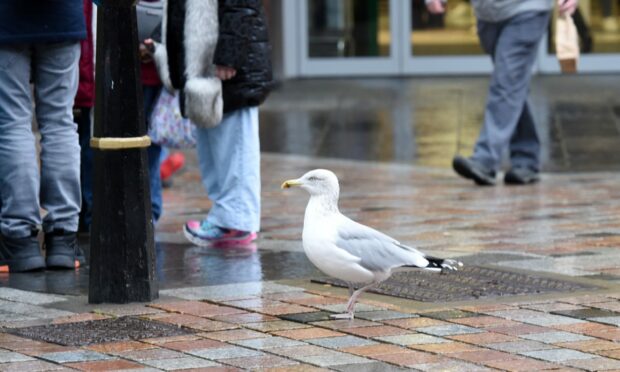
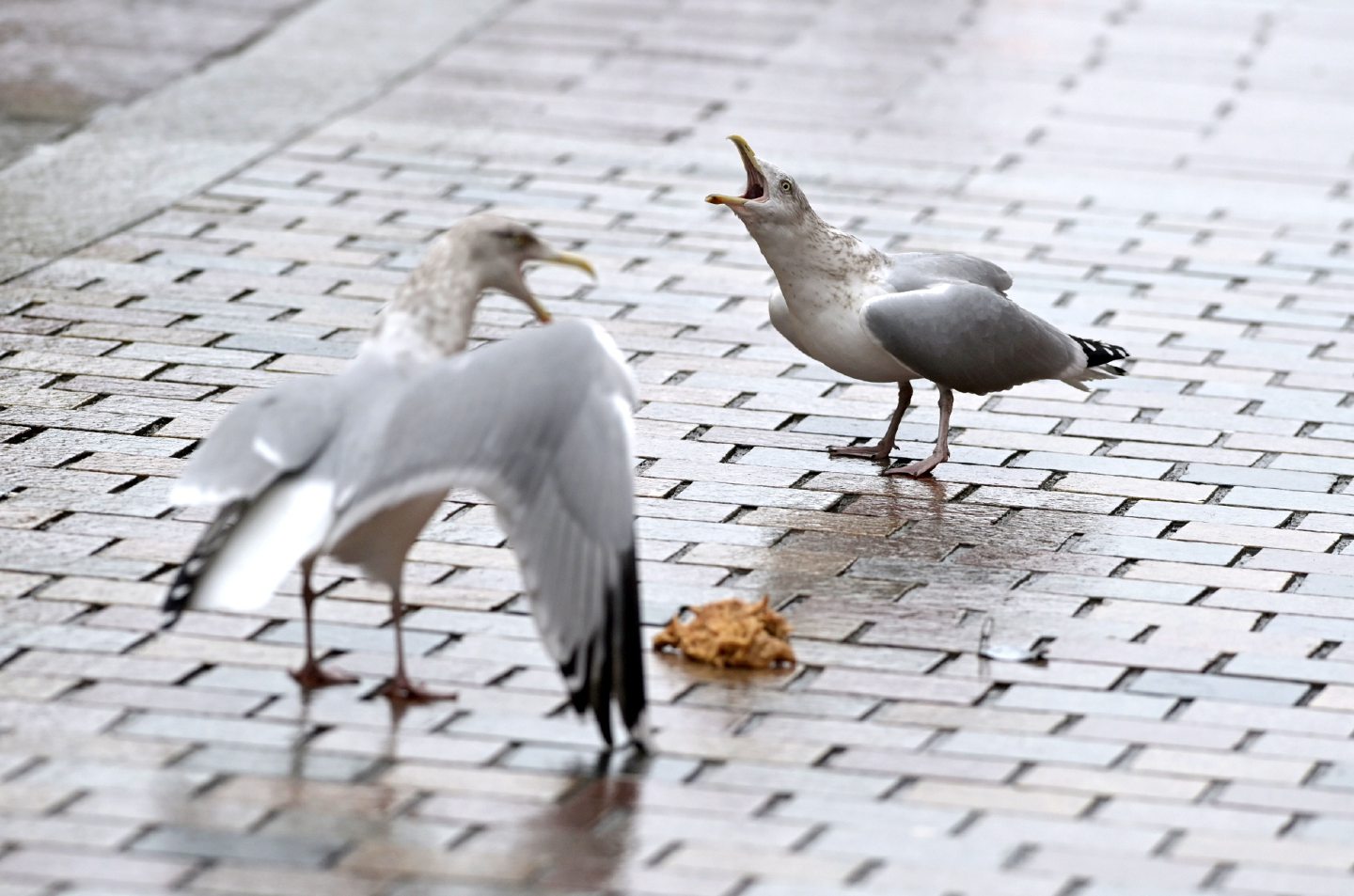
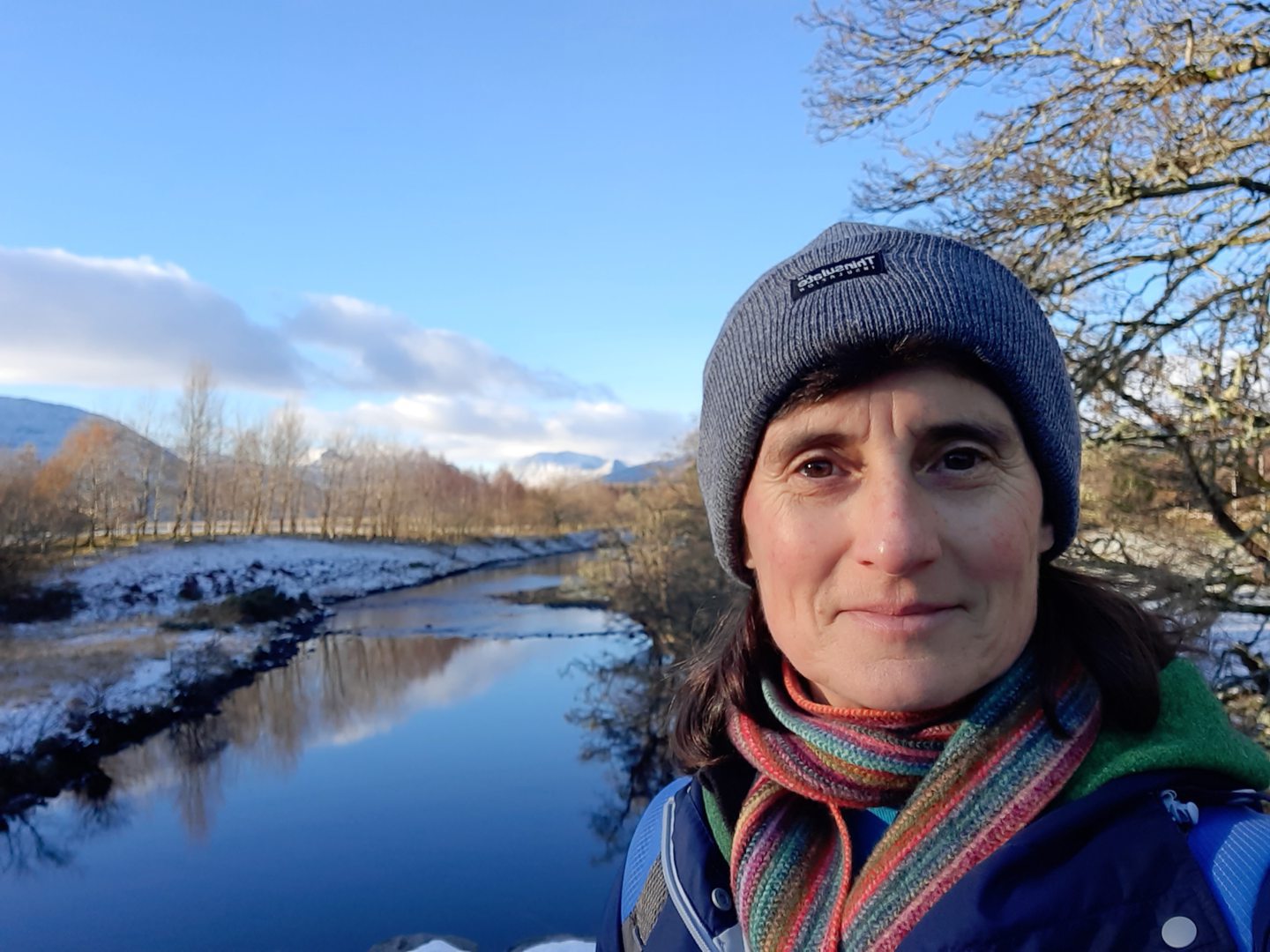
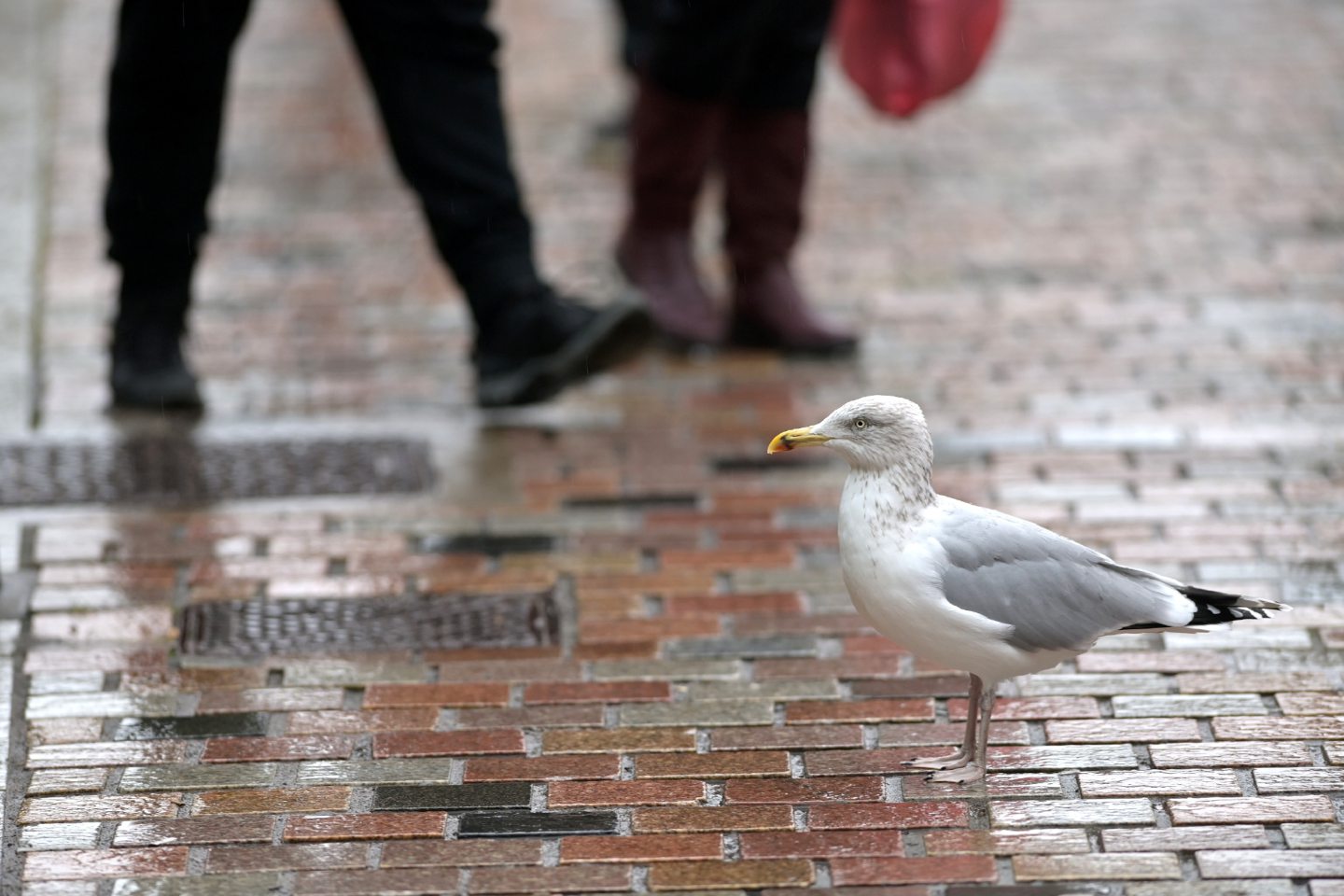
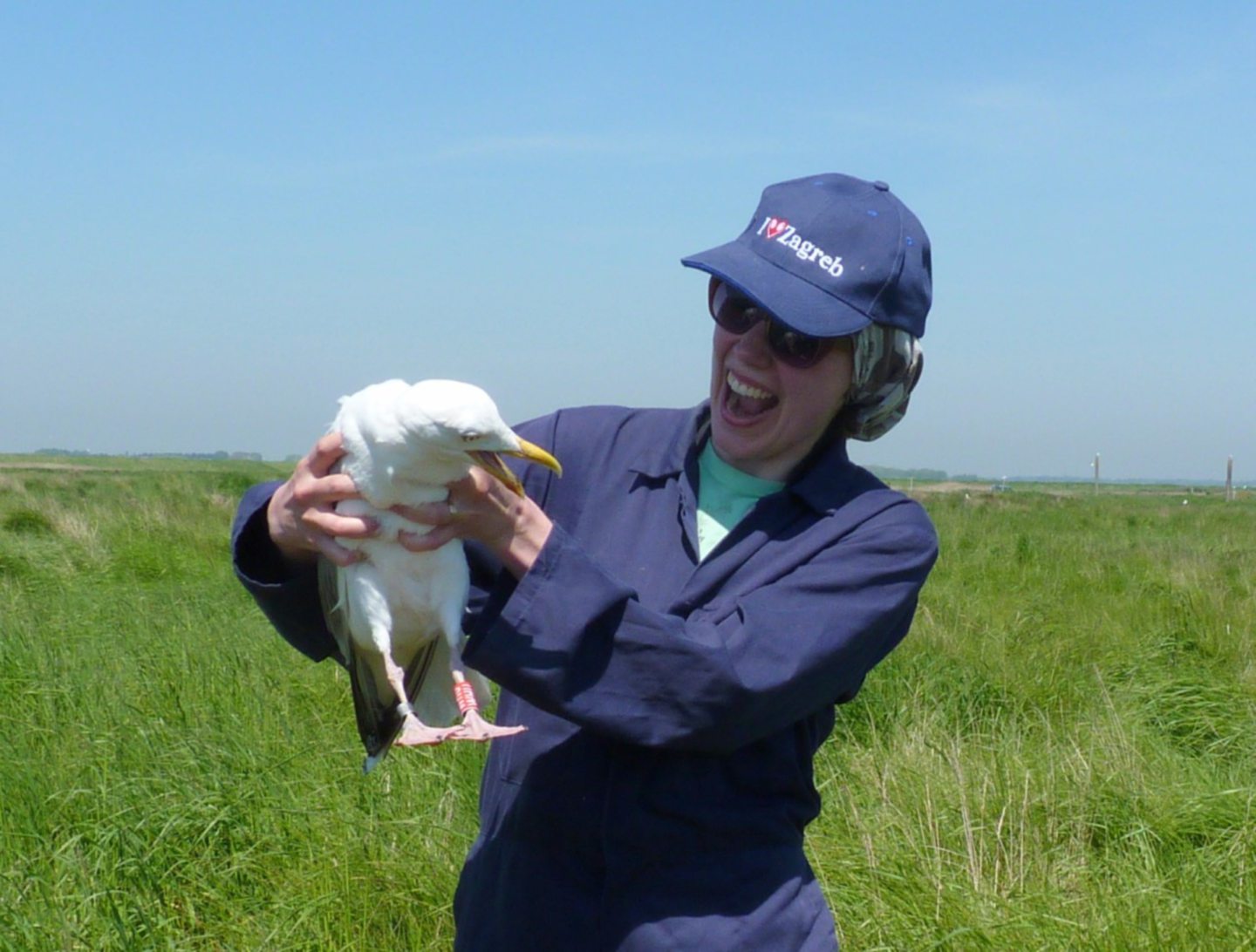
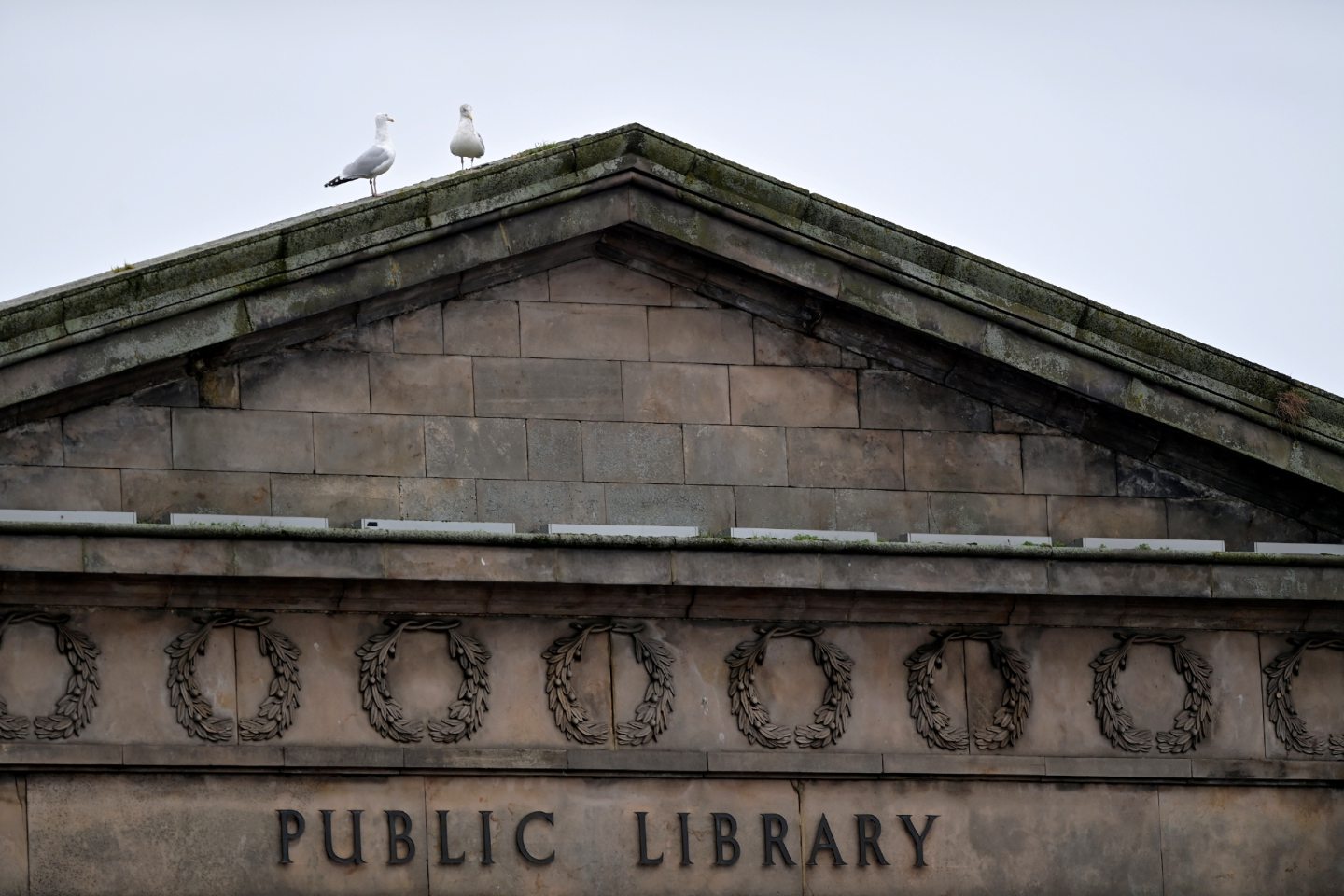
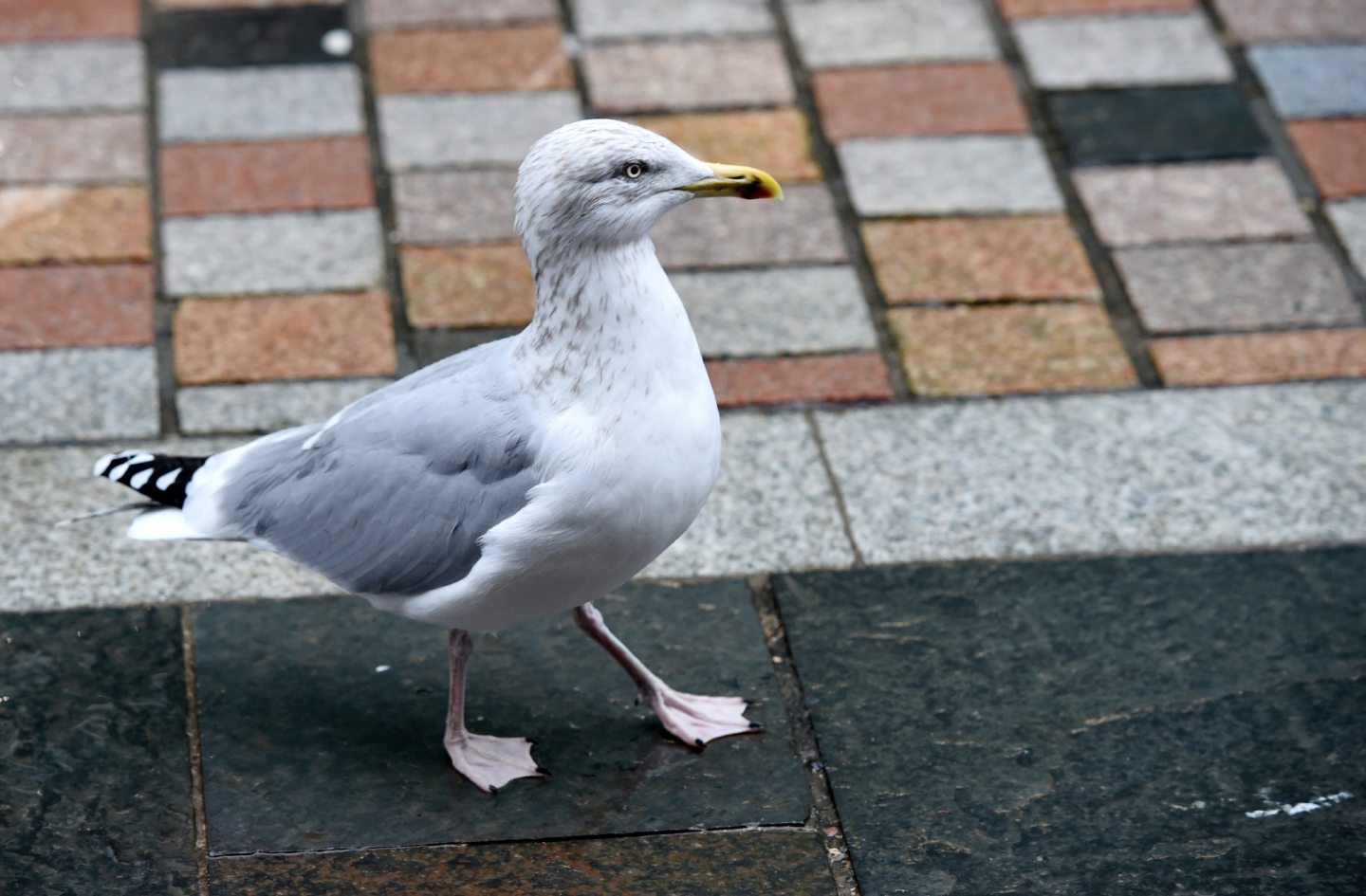
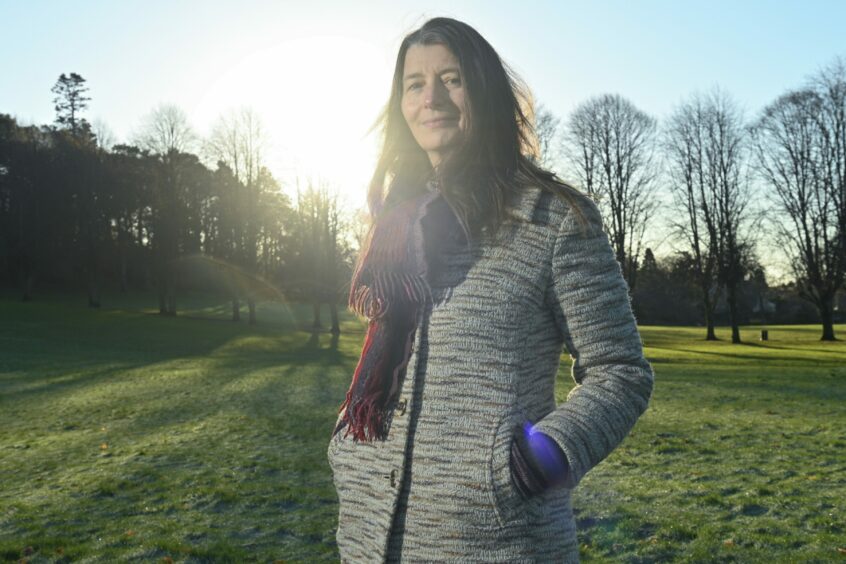
Conversation